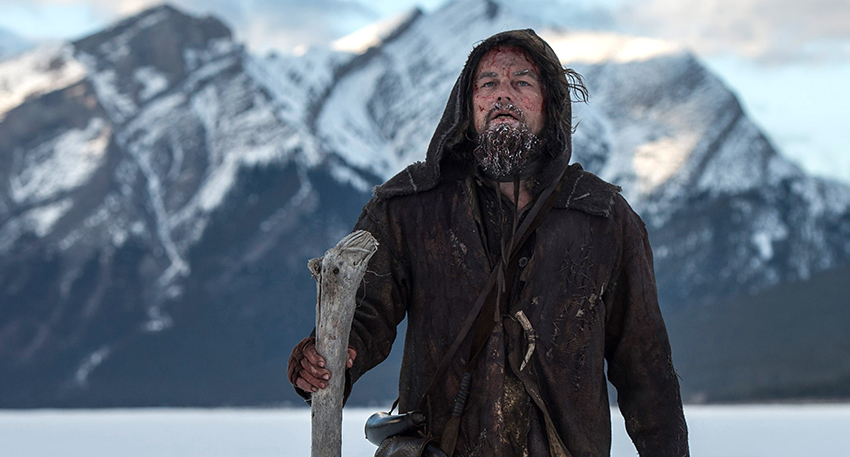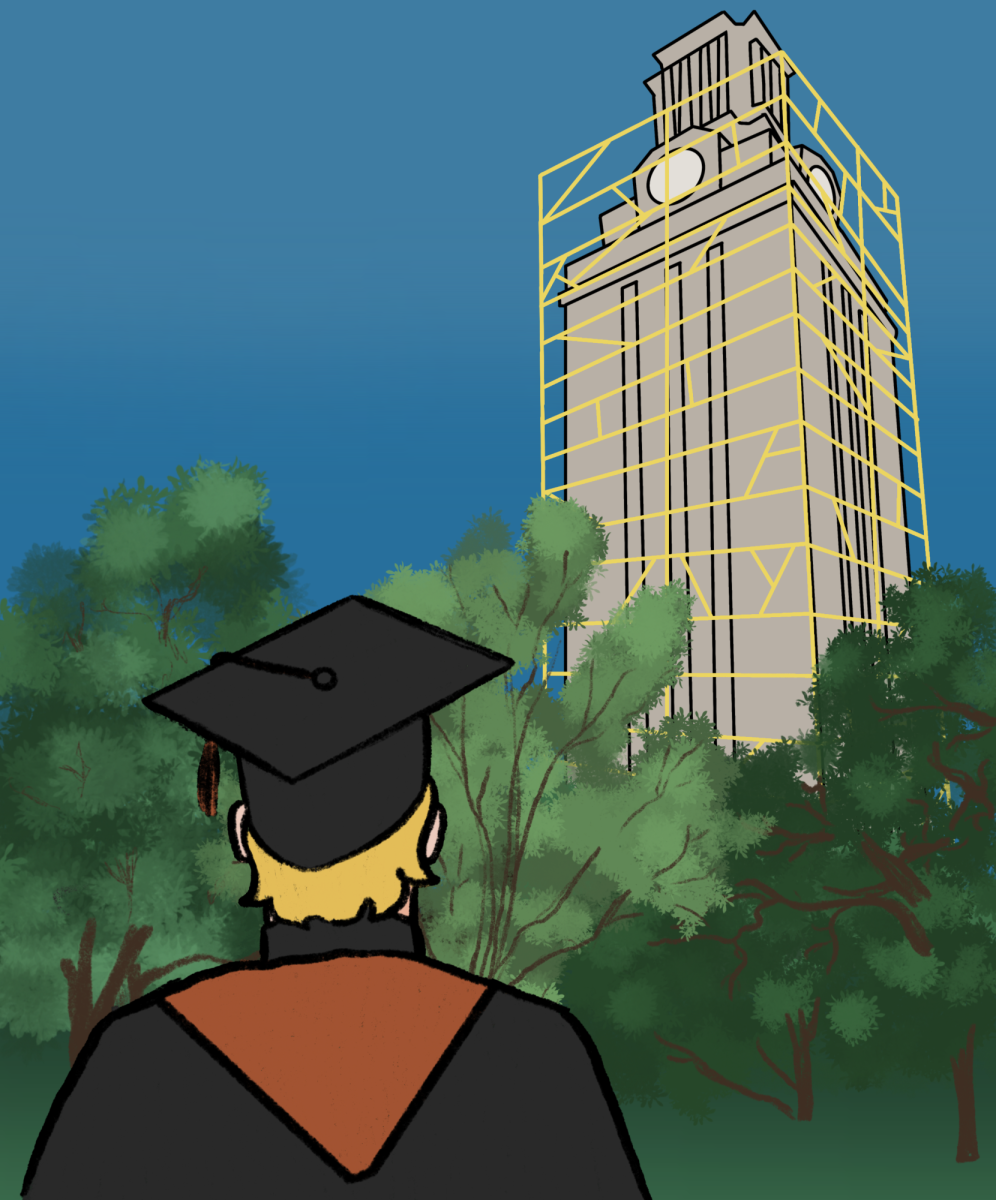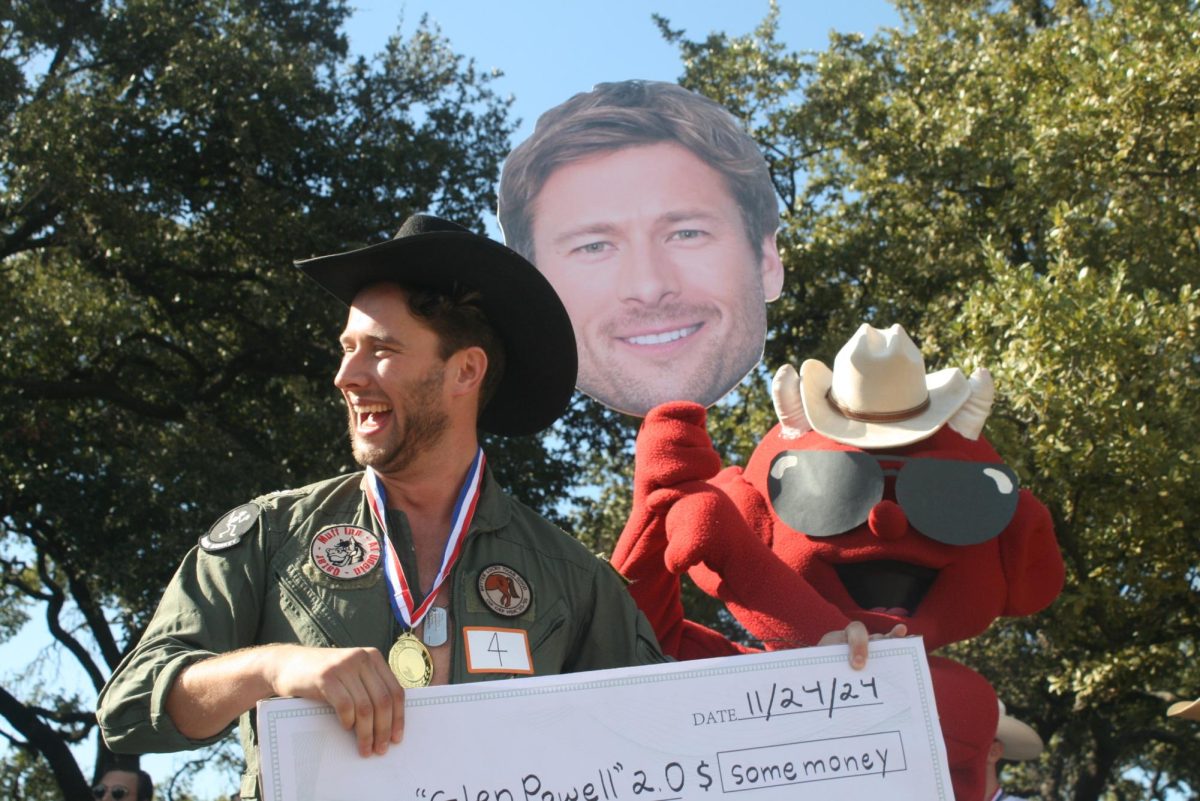Director Alejandro G. Iñárritu’s American West is beautiful and cruel. Powerful blizzards sweep through wintry forests, fierce animals roam the wild and frontiersmen and Native Americans constantly wage war across the expansive landscape.
Fur trapper Hugh Glass (Leonardo DiCaprio) suffers a cruel fate when a grizzly bear ambushes him. The attack comes suddenly, and Iñárritu captures every gruesome moment of it. The camera never cuts away as Glass desperately grapples against the beast and miraculously defeats it. Glass himself is left a bloody corpse-to-be.
His hunting team hastily patches him up and attempts to carry him back to their fort, but the icy terrain forces them to leave him behind. John Fitzgerald (Tom Hardy), Jim Bridger (Will Poulter) and Glass’s half-Pawnee son Hawk (Forrest Goodluck) volunteer to care for him until more help can arrive.
Fitzgerald, who only wants to collect the money offered to the volunteers, decides to smother Glass so he can get paid more quickly. Hawk catches him, forcing Fitzgerald to murder the boy, throw Glass in a freshly dug grave and escape with Bridger in tow.
Barely held together by stitches, Glass sets out for revenge. Because Glass’s throat was slashed in the bear attack, he cannot speak for much of the film, requiring DiCaprio to commit to a largely physical performance, and it is an extraordinary one. DiCaprio writes Glass’s emotions into his expressions and conveys more feeling than words, looking and sounding like he is in constant agony.
Some of that agony is real — DiCaprio threw himself into a fast-moving river, ate raw bison liver, slept in an animal carcass and endured freezing weather during the shoot. If true artists are supposed to suffer for their work, DiCaprio has done more than enough to earn the title.
The tale is also much broader than Glass’ quest. It takes viewers into a world filled with characters that aren’t entirely good or bad, just trying to survive. A Native American tribe nearly kills Glass several times, but only because their chief is searching for his kidnapped daughter. Fitzgerald himself, thanks to a gritty yet layered turn by Hardy, is a powerful yet vulnerable villain who viewers can understand.
“The Revenant” is rife with symbolism. On his hunt for Fitzgerald, Glass experiences a rebirth, crawling from the grave that also serves as a womb, then standing and running as he regains his strength. Iñárritu also repeatedly shifts attention to trees, which represent Glass himself. His flesh and bones, like branches, can be torn and destroyed, but his will is strong as a trunk, and it drives him to see an impossible task through.
Cinematographer Emmanuel Lubezki captures his journey through the uncharted wilderness in stunning clarity. Somber blues and misty grays dominate the naturalistic color-palette, and it is those moments when the camera lingers on its vast locales that one truly appreciates the scope of the film. During the action scenes, the spare use of cuts and the camera’s placement uncomfortably near its subjects make viewers feel like part of the drama.
This is a relentlessly violent picture. Characters often spill blood without hesitation, and they never emerge from a battle unscathed. Much of it is cringe-inducing, and that’s a testament to Iñárritu’s confident direction.
Due to the tale’s unforgiving setting, it must have been tempting to take the easy way out and shoot most of the movie on soundstages. But Iñárritu set out to make a true cinematic epic, and the movie is engaging because it was shot on location in the U.S., Canada and Argentina. Seeing the actors interact with the elements adds a sense of danger computer-generated imagery rarely can.
“The Revenant” is an ambitious triumph of story and spectacle. Iñárritu’s strong direction and DiCaprio’s gripping performance are only two aspects of a film brimming with superb craftsmanship from head to toe. There’s a sense of realism to the proceedings that just don’t come with big budget movies these days. Just like Glass, “The Revenant” is very much alive.
“The Revenant”
Running Time: 156 minutes
Rating: R
Score: 5/5 stars














